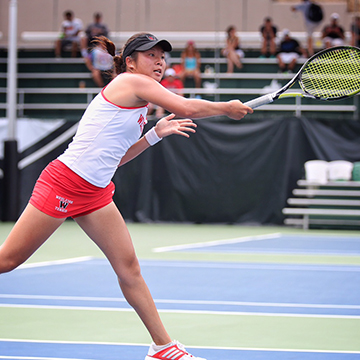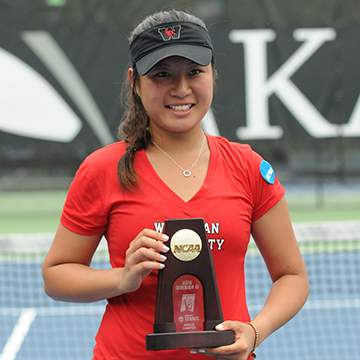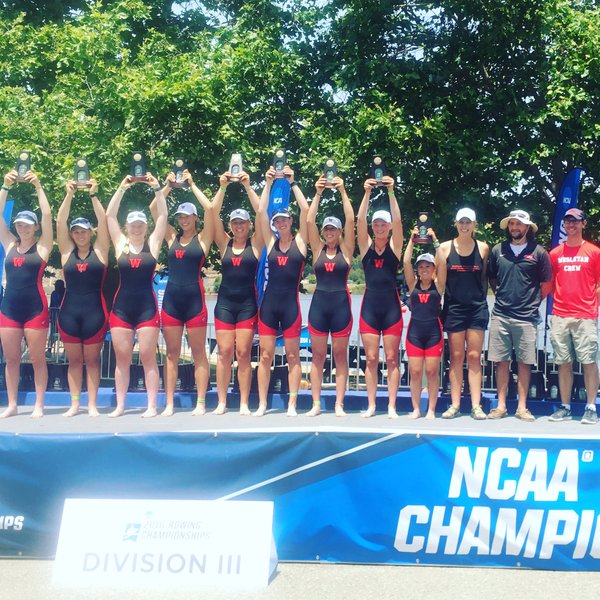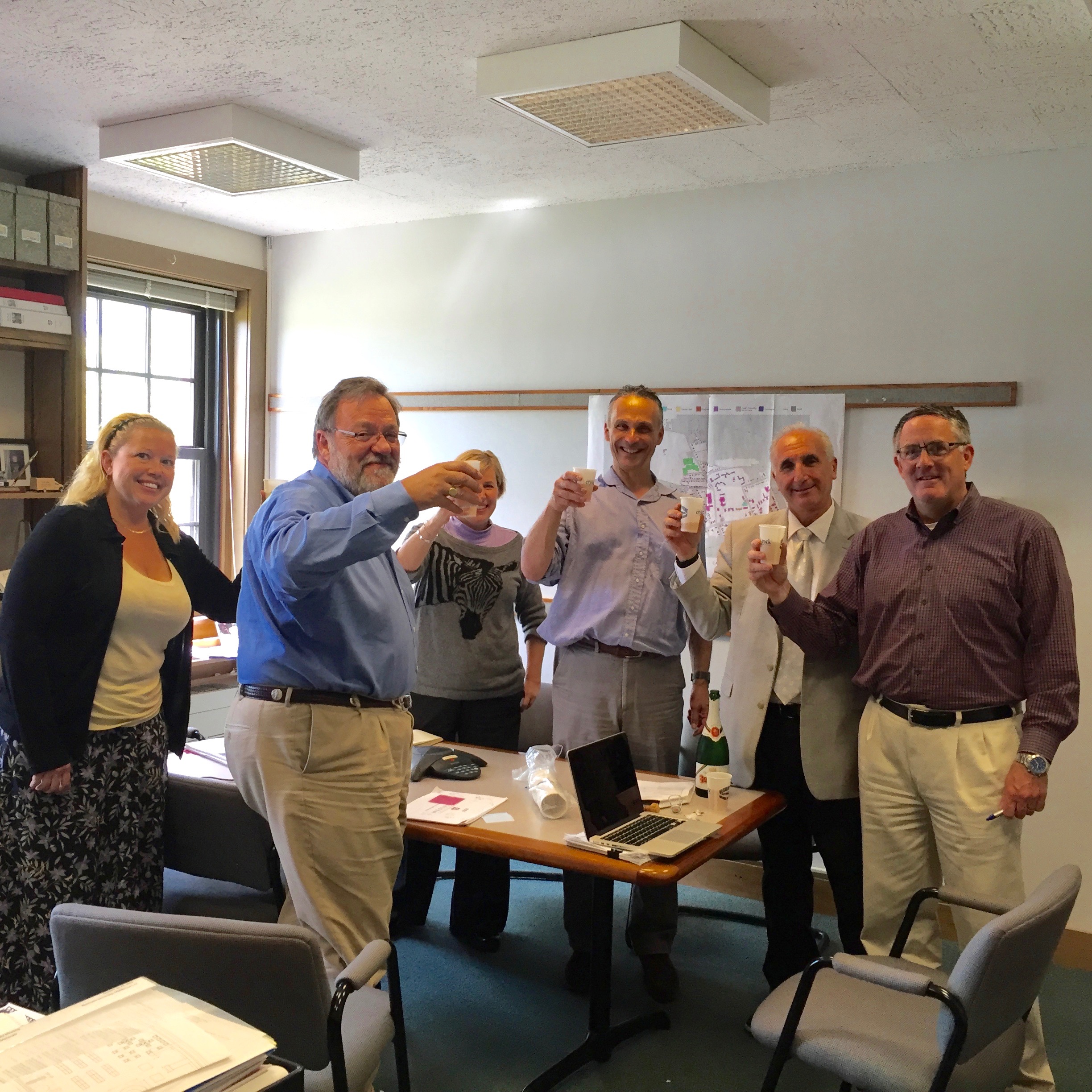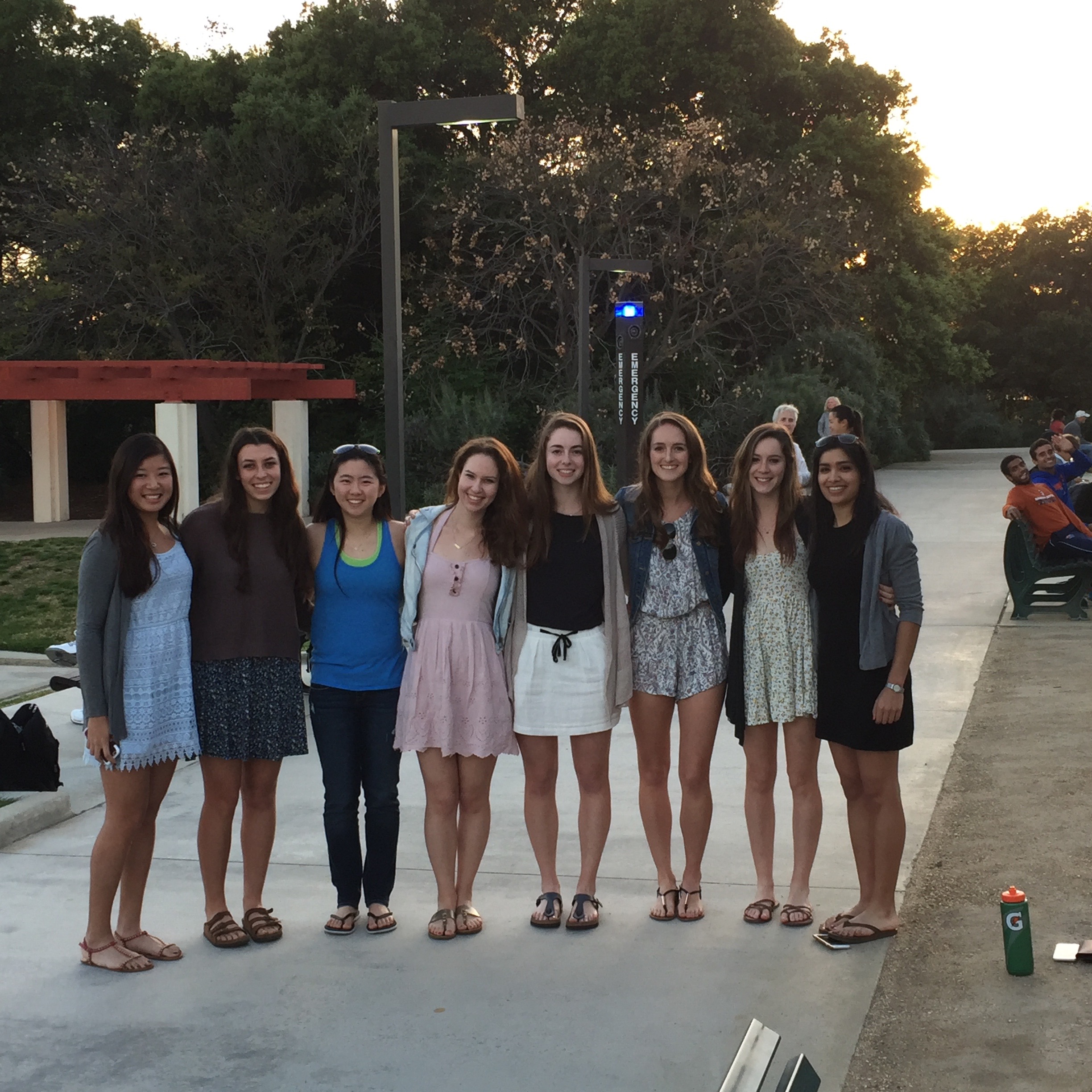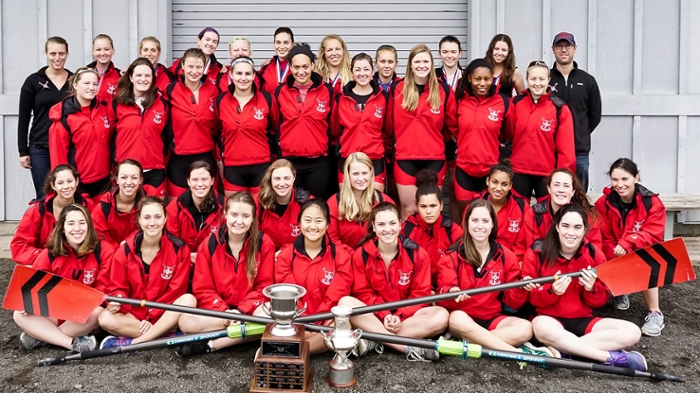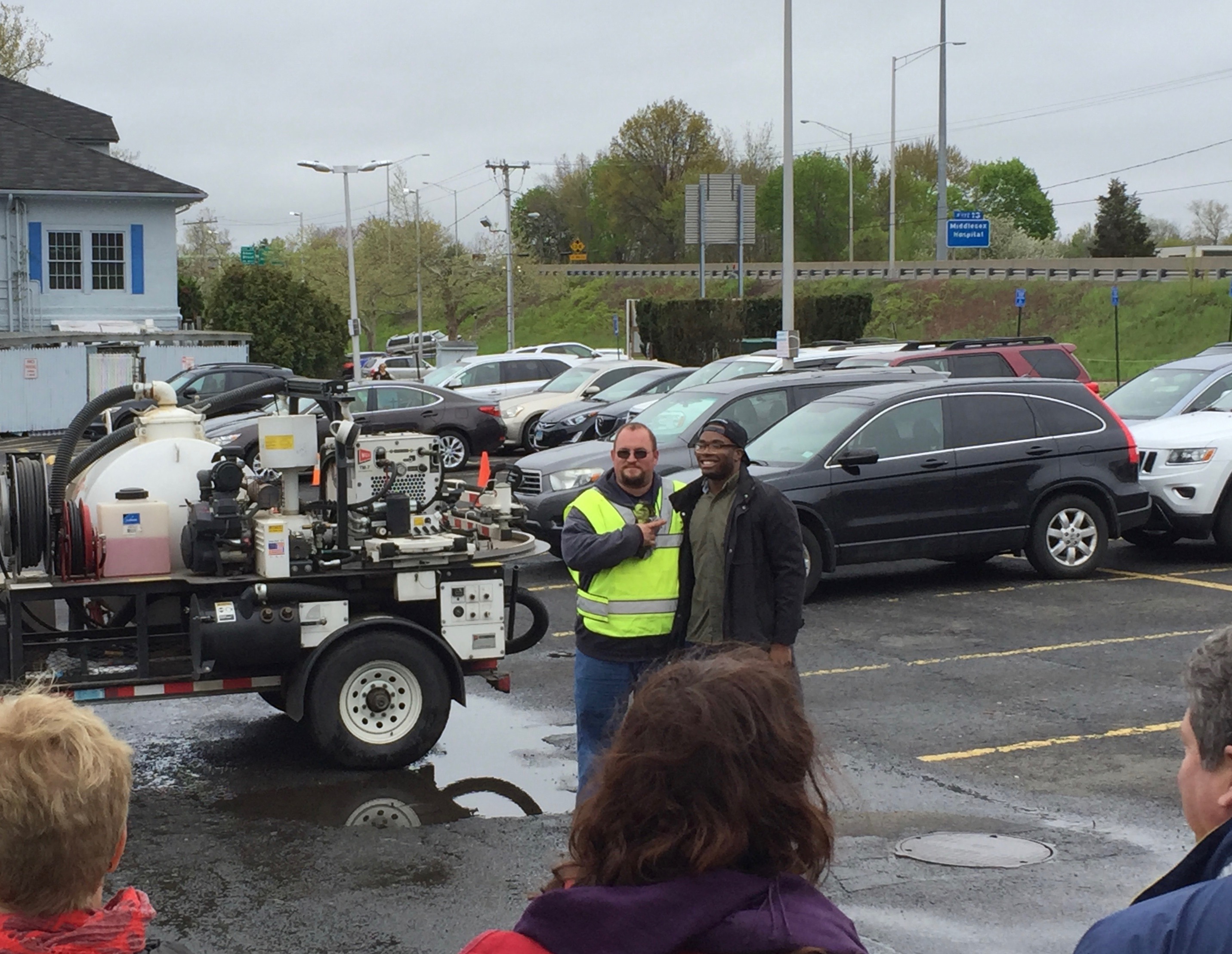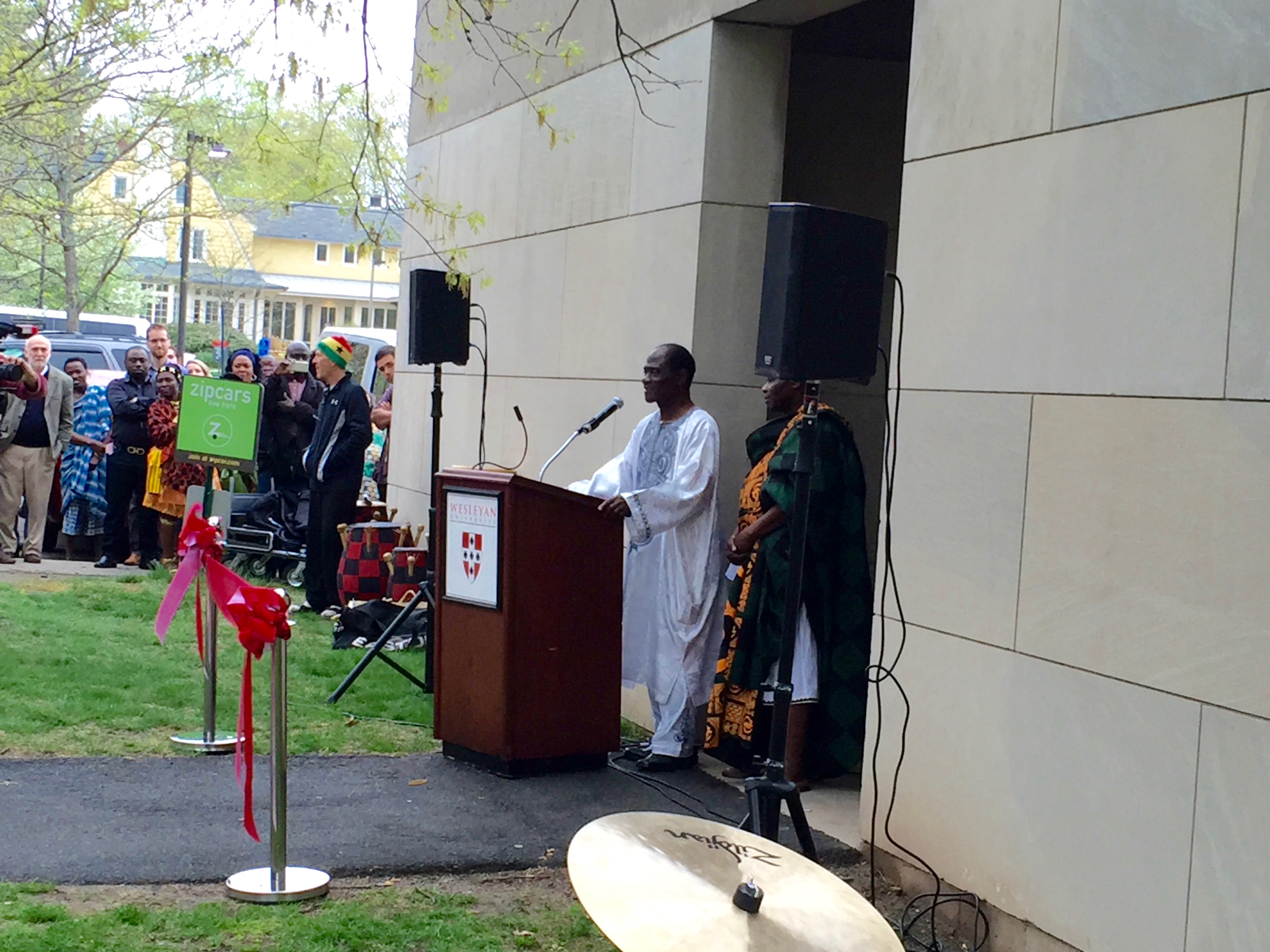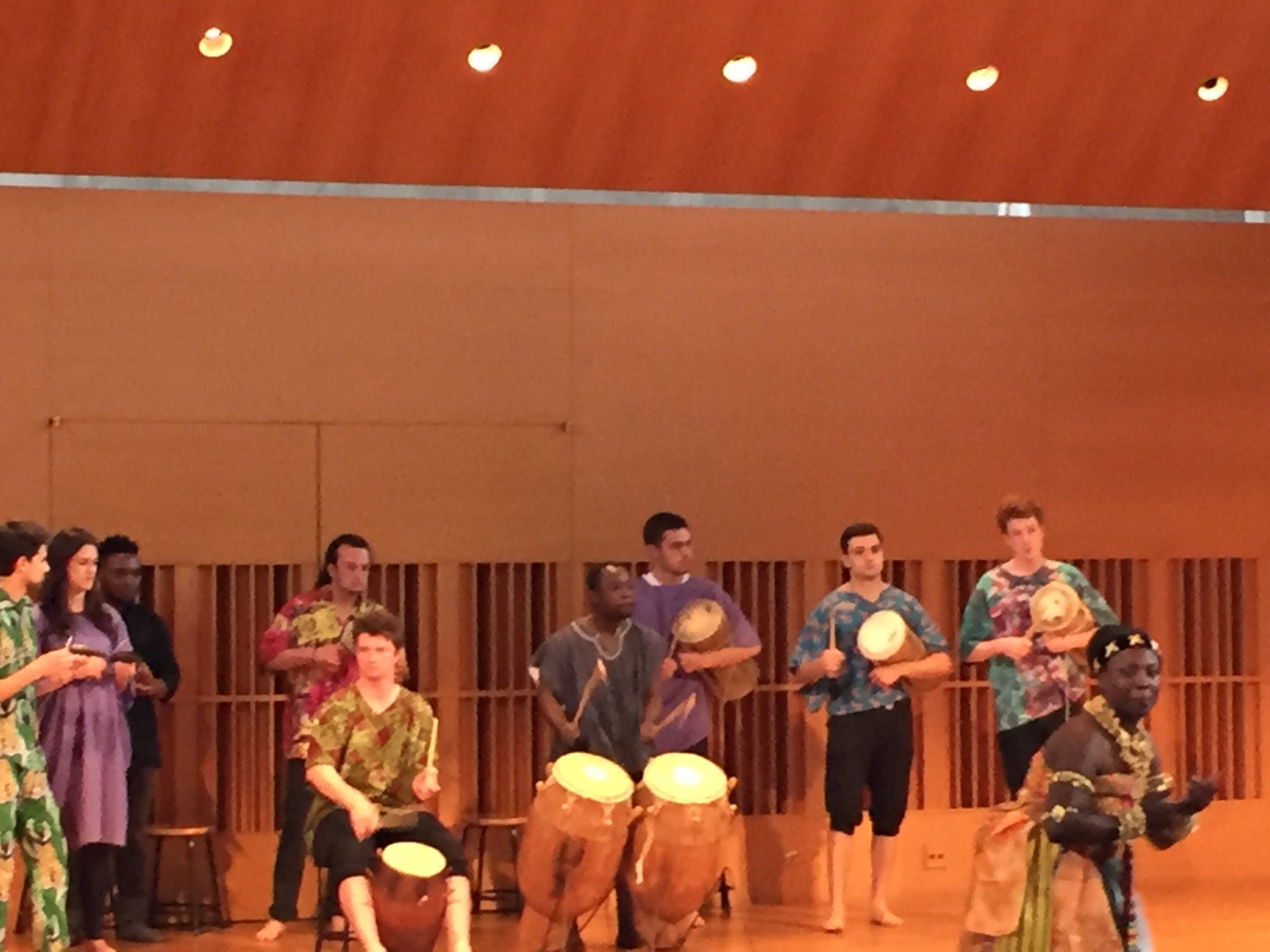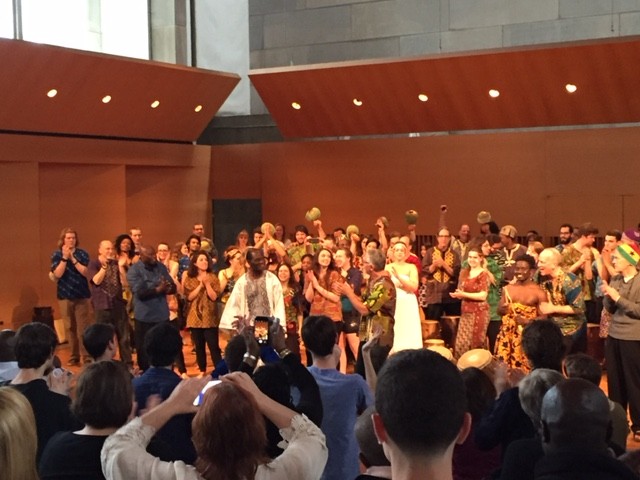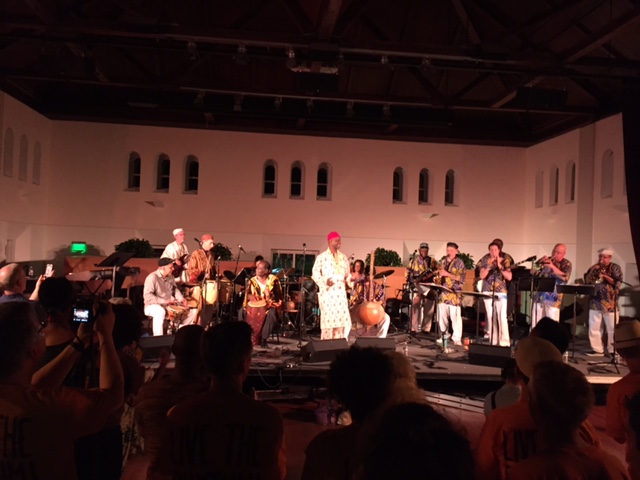This past weekend I received the final report from the Equity Task Force. One can clearly see how much hard work and engaged thinking went into the committee’s deliberations, and I am very grateful for the efforts of all its members: Gina Athena Ulysse (Faculty and Tri-Chair), Elisa Cardona (Staff), Antonio Farias (Staff and Tri-Chair), Matthew Garrett (Faculty), William Johnston (Faculty), Makaela Kingsley (Staff), Caroline Liu ’18 (Student), Henry Martellier, Jr. ’19 (Student), and Shardonay Pagett ’18(Student and Tri-Chair).
The report is labeled an intervention in history, and it is vital that we seize this moment to improve the educational experience for all Wesleyan students, most especially those who have felt marginalized by practices of this institution, past or present.
You will see that the main body of the report has three major recommendations. The first is to develop a Center with an “intellectually grounded mission in Social Justice and a focus on intercultural development and literacy.” The Appendix on a Gender Resource Center (important in its own right) gives some idea of what such a center might look like. The second recommendation is to devote significant resources toward redressing long-term issues of discrimination and marginalization, especially as this affects the composition of our faculty and staff as well as the development of the curriculum. The third recommendation calls for a standing institutional committee to coordinate, communicate and support change in these areas.
Although I have only had a short time to digest the report, I can say that we will move forward immediately on all three recommendations. We will plan a Center within the time frame suggested that will enable students to deepen their education and enhance their ability to thrive on campus – especially those groups of students who have struggled against legacies of discrimination. This will build on the accomplishments of student activists, and also of professors and staff members who have worked hard to make this university a more equitable and inclusive place. Of course, this means a place that thoughtfully engages with different ideas of what constitutes justice, diversity, individual rights and political freedom. Our differences can make us stronger.
As per the second recommendation, we will add to the considerable resources we have already dedicated to recruiting and supporting students, faculty and staff from under-represented groups. Through the efforts of VP for Equity and Inclusion Antonio Farias and Provost Joyce Jacobsen, we will continue to aggressively pursue opportunities to diversify the faculty. Furthermore, by doing things like replacing loans with grants for low-income students and improving employment conditions for student workers, our goal is to ensure that all students have every opportunity to excel in all sectors of the curriculum and co-curricular activities. As called for in the third recommendation, we will establish a committee to coordinate our efforts and measure their outcomes.
In news very much related to issues of inclusion, we are announcing today that in future admissions cycles Wesleyan will consider undocumented and DACA (Deferred Action for Childhood Arrivals) applicants who have graduated from a U.S. high school as if they were U.S. citizens or permanent residents. You can read more about that decision here.
Please do read the report and its appendices. It is an important intervention in Wesleyan University’s history. We will build on this good work to make our campus an educationally empowering place for all who live and work here.
